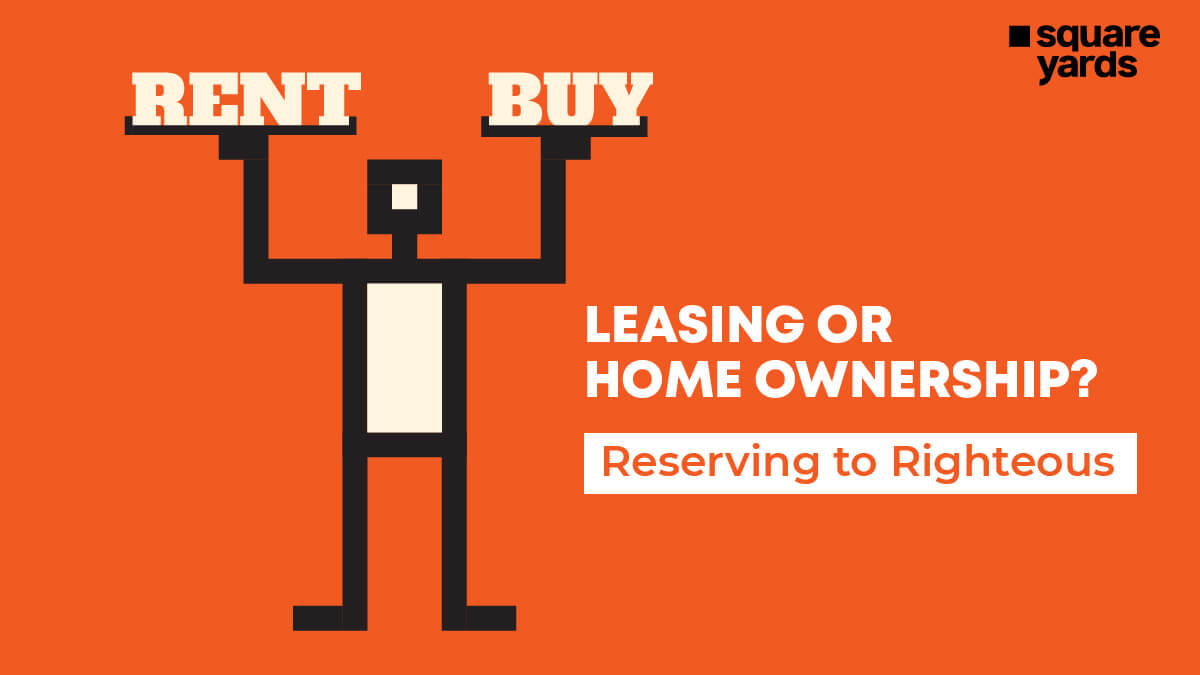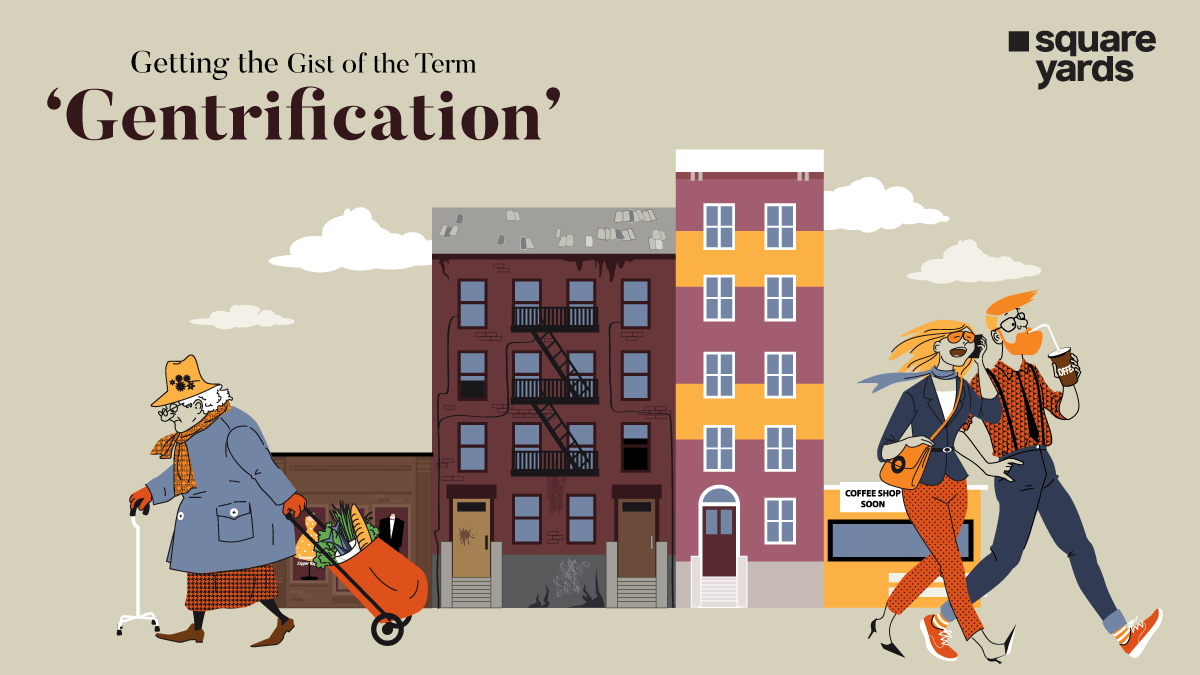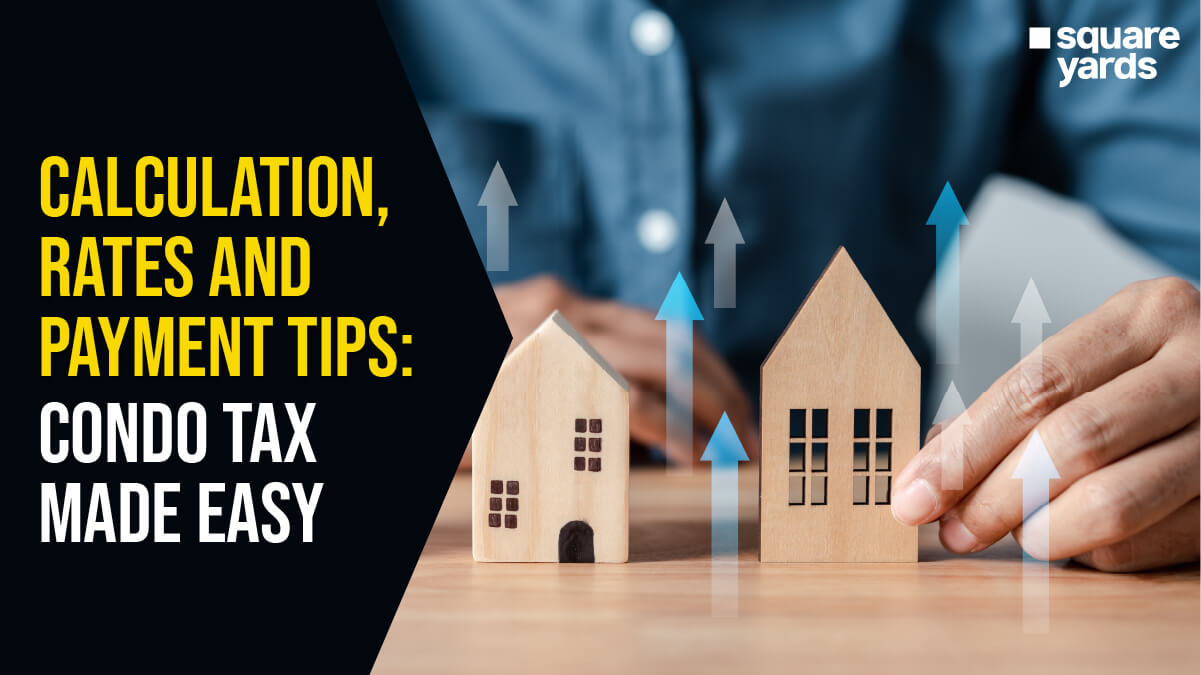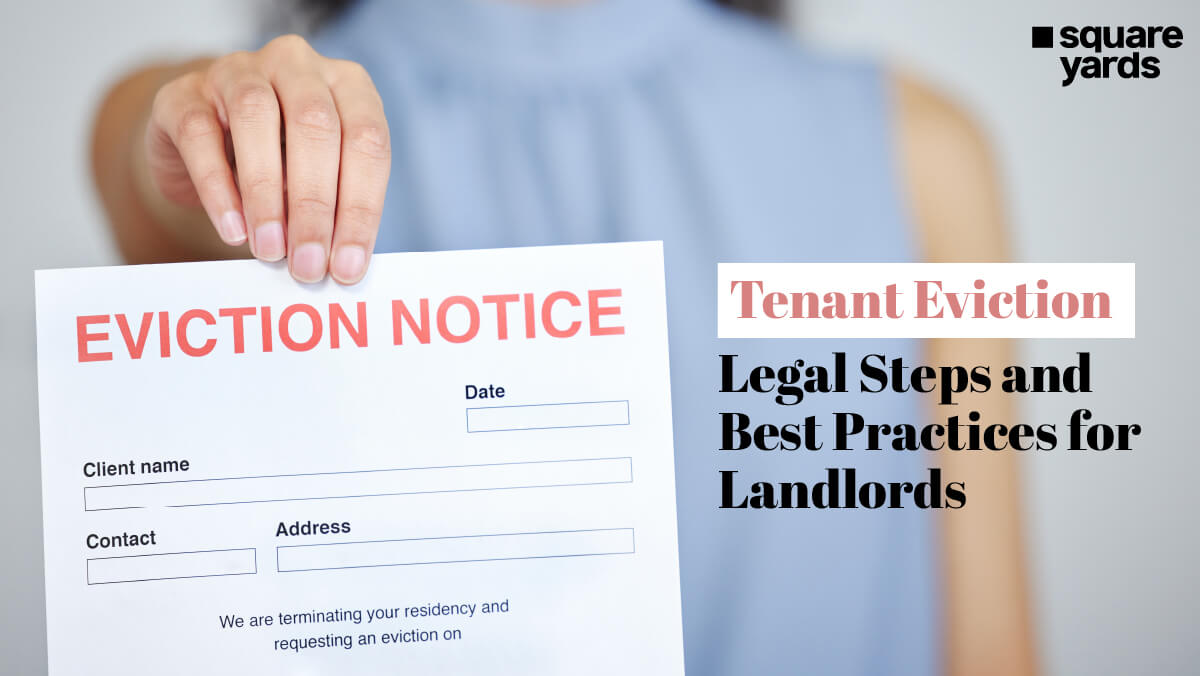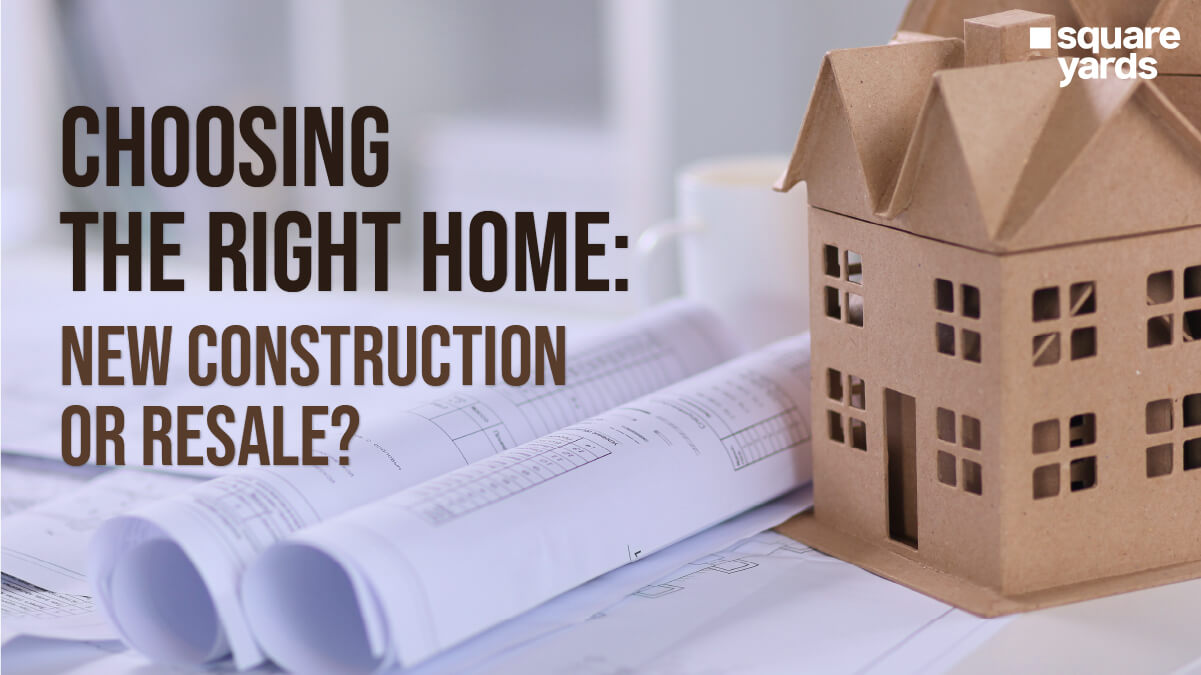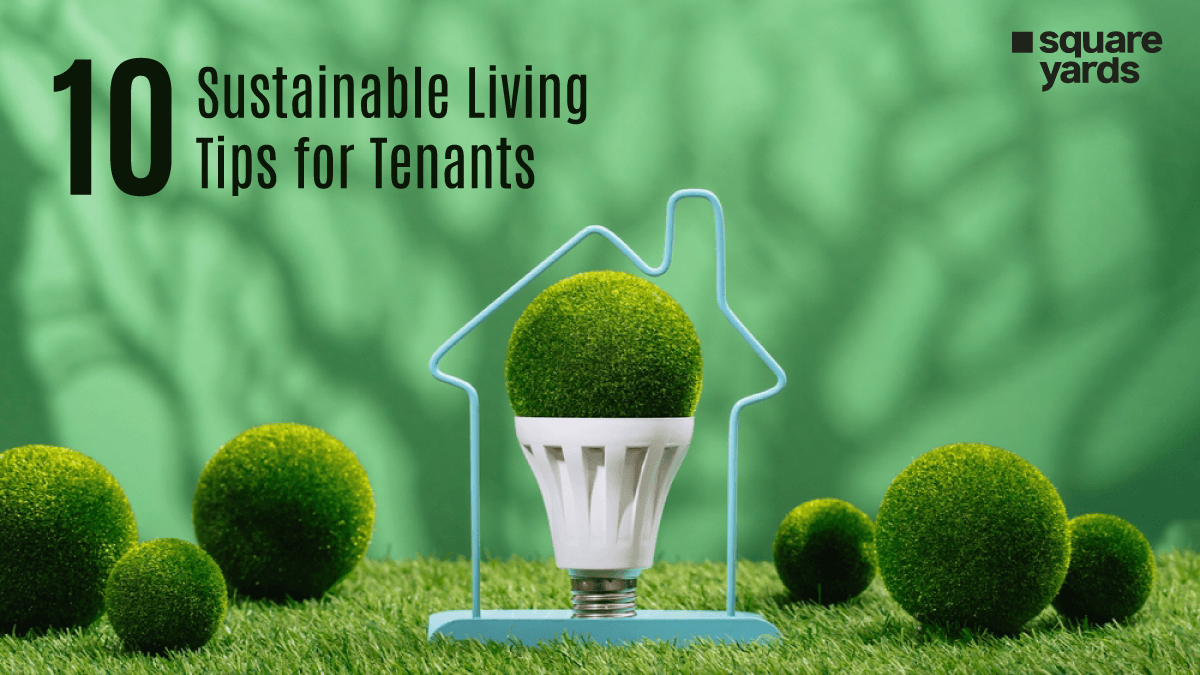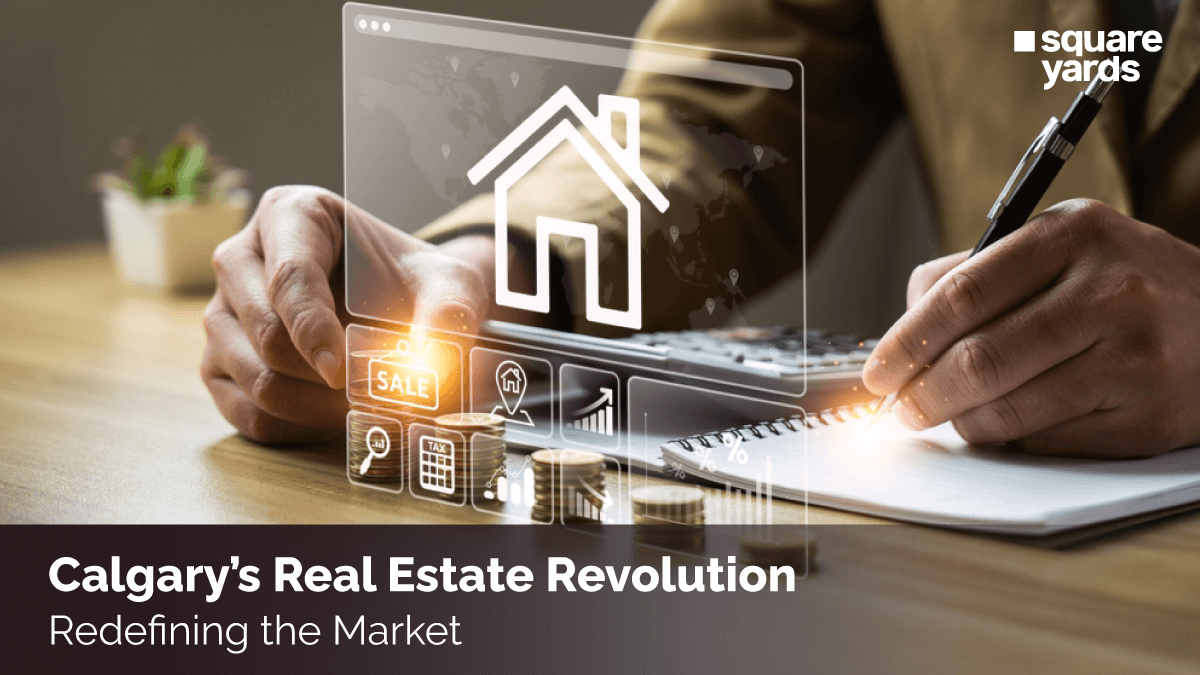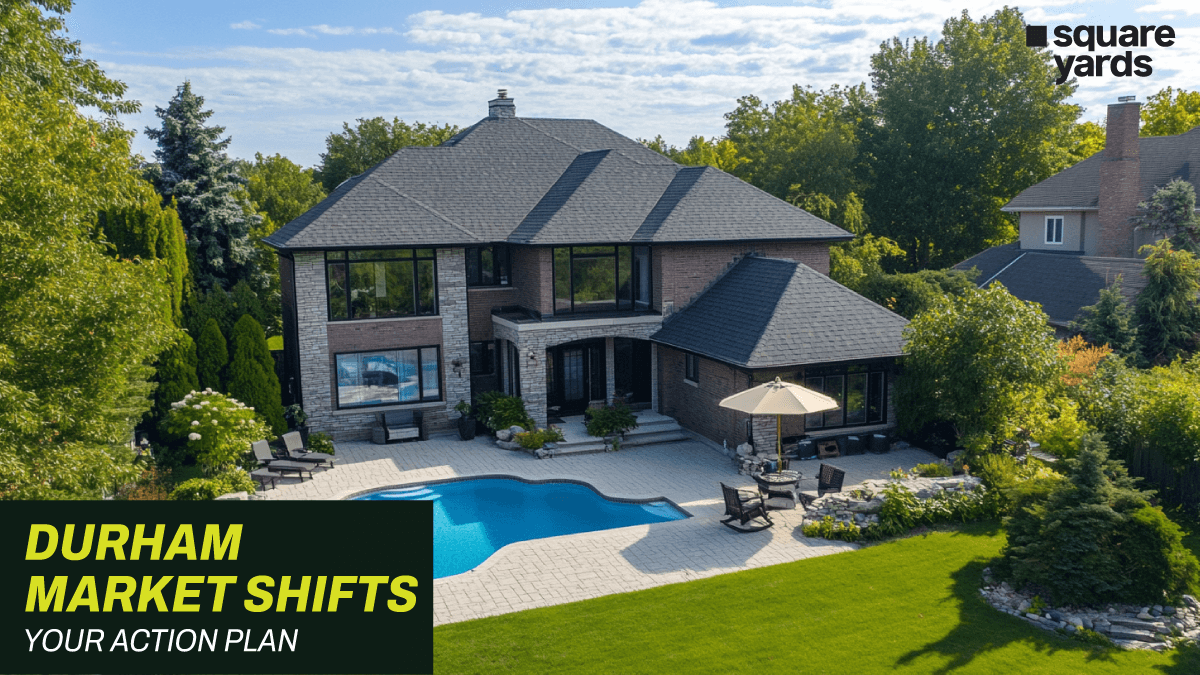Buying a house is typically everyone’s dream no matter how big or small someone is thinking of. The property prices are skyrocketing especially in metro cities such as Canada which is everyone’s favourite pick. And this is the main reason why people fall into a dilemma of whether to buy or rent a house? Well, many out there who can afford to buy property in Canada, finds it hard to decide between renting vs buying a house. Both the options have different pros and cons at which you can give a thought with the below-mentioned pointers
Renting vs. Owning: An Overview
It is a big decision when choosing between renting vs buying a house as it affects both, your finances as well as lifestyle. Owning real estate is acknowledged as an investment that is a source to balance the tax deductions. On the other hand, opting to rent a home in Canada comes with its own benefits. Such as renting a house in Canada include little or no responsibility which adds flexibility to your day-to-day life. Therefore, most of the folks believe in owning a home is a more financially sound decision instead of renting one as it gives you the ownership of house instead of in the renting option despite paying the bills the house never becomes yours. Let’s, see some of the key pointers mentioned below
-
- Renting is a flexible option that comes with a set of predictable monthly payments
- Owning a home is an intangible advantage that provides you stability, pride of ownership in the community, and serves as equity to balance your tax deductions.
On the other hand, to popular belief, renting a house doesn’t always mean wasting money, and owning a house doesn’t always mean building wealth.
Pros of Buying a House in Canada
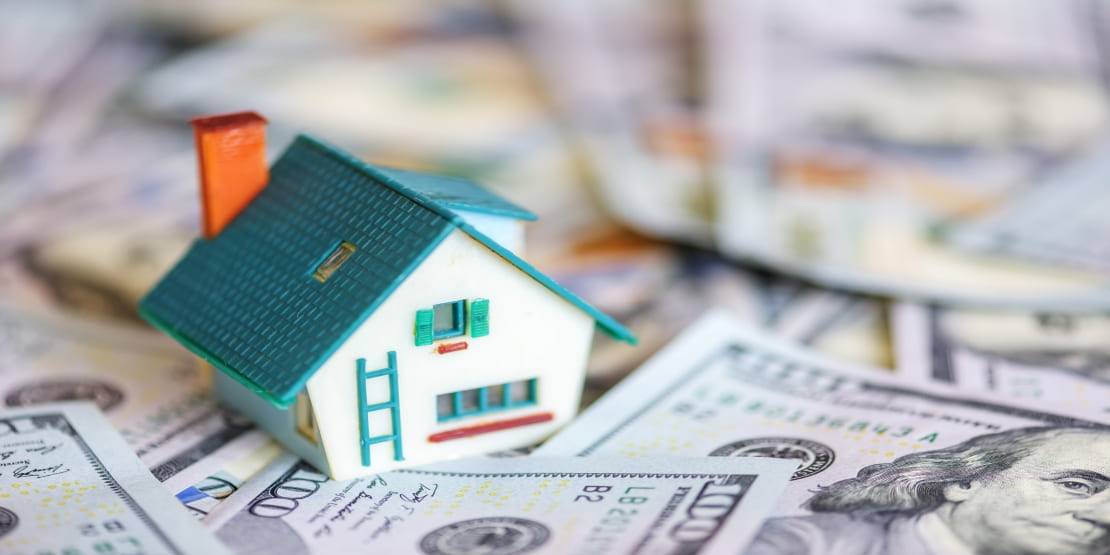
-
- Buying a house gives you a sense of pride and safety in your own place.
- Renting is a monthly expense that serves the roof but doesn’t serve you as a physical estate in the long run.
- Paying EMI not only comes with the monthly worth of accommodation but also increases the proportion of property ownership over time.
- When you are buying a home, you do not have to hunt rental properties at specific intervals of time, which otherwise wastes your time, energy, and money.
- Investing in real estate is a safe investment as it creates your base in tax advantages and potential capital growth
Cons of Owning the House
When you are buying a home, you should carefully analyze its merits and demerits before taking any decision. Not only mortgage and down payment are the parameters that allow you to buy a home. You must also consider the future perspective when deciding on whether to buy a home or not.
Liabilities
If you are a first-time home buyer, then you must keep liabilities on the top of the list. If you are about to buy a home based on a mortgage, you must calculate your coming 30 years. Yes, you heard it right 30 years, it is important because the front cost is lower than the total amount. But the terms and conditions might go less favourable to you in the future.
Repairs and Maintenance
Before buying a house one should understand how repairs and maintenance are a constant need. Sometimes, a property loses its appearance even with regular maintenance and asks for additional investment. Well, repair depends on the material quality that has been used in the property, its installation, and the climate of the area. Sometimes, the cost goes higher than expected due to interior renovations as it is not everlasting and comes with a life span of about 15-20 years.
Utility Bills
Who does not want a big house, but make sure the bigger the house the higher is the utility bill? Yes, if you own a house, you cannot deduct utility on your tax returns.
Flexibility
Renting a house comes with flexibility but when you buy a house, responsibility replaces flexibility. Owning means you are responsible for everything be it a building, maintenance, neighbours, or anything related to the property you bought. If you own a home, you cannot easily move even within a city. It gets more difficult, especially when you get a higher-paying job that isn’t near to your home. In such situations, it is inconvenient for you to sell your home, neither you can travel all day long daily.
Place
Some places are not meant to own a property, for example, some areas are disaster-prone that face frequent floods, hurricanes, or tornadoes. Thus, you must do in-depth research before buying or renting a home.
Risks
The owners of the house face several risks such as the inability to pay off their mortgage, taxes, costly maintenance. Besides these financial risks, there are a lot such as bad neighbourhoods, societal issues, and so on. You might face a price difference within a short period of time when you buy a home. There is a high possibility of raise in property taxes which could be an issue at a point in time. Also, due to some reason, if you are unable to pay off the mortgage interest you might end up risking both your house and credit score. And this will not allow any bank to approve any loan in the future.
Special Considerations in buying a home
Buying a house is everyone’s dream but in Canada house prices are rising day by day. Thus, before investing your money there are some special considerations you must look after:
Location of the House
Looking to buy a house, first find a location that brings in everything near to you. Location is the most important aspect when buying a house. A buyer always considers having a hospital, shopping mart, workplace, school, public parks, and every important amenity within a reach of a few kilometers. Besides, these amenities, it is good to check on the traffic flow and the distance of your house from the main road as it saves you from a long commute. On the other hand, some want to keep it near to the pool, park, or recreation area.
Price of the House
Well, determining the budget is the most important part when buying a house. It also helps you to filter out all other requirements be it location, size, or mortgage. Bring in some flexibility by getting your mortgage pre-approved because there is a lot more than just a buying price. Also, calculate your finances, your income, day-to-day expenses, and stick to your budget.
Size of the Plot
Many times, people give a little thought to the size of the plot, at which the house is built. Always, hunt a house in different societies so that you will get an idea about the plot size and how does it matter.
Thus, you will have a clear preference about the size of your new house that will help you to decide on selecting amongst small or large houses, corner, or interior houses. Besides, small, and large there are some with pie-shaped plots, rectangular and some are in an irregular shape. Therefore, it depends on what sort of house you are looking for and so the size of the lot is one of the major concerns.
Age of the House
If you are looking for a newly constructed house or willing to build your own house, then this might not be relevant to you. Otherwise, if you are looking out for all sort of houses that falls under your budget and requirements, you can see houses from several decades.
-
- Old homes might have that appealing characteristic as they might need a lot of repairs and maintenance. So, make sure you have the budget and time to maintain the old-world touch of that house.
- Property code changes with time, it is helpful to have a basic knowledge of houses constructed under the different rules of their time.
Condition of the Home
If you are considering all sorts of houses under your budget, then the condition is amongst the most important aspects that need special consideration. When searching for a home you are probably listing some points that could be a great help to filter your preference. The list might include repairs, add-ons, replacements, which could make your house a home. The condition of the house is a major concern as in some cases, it takes a lot of money and time to complete.
The Benefits of Renting a Home in Canada
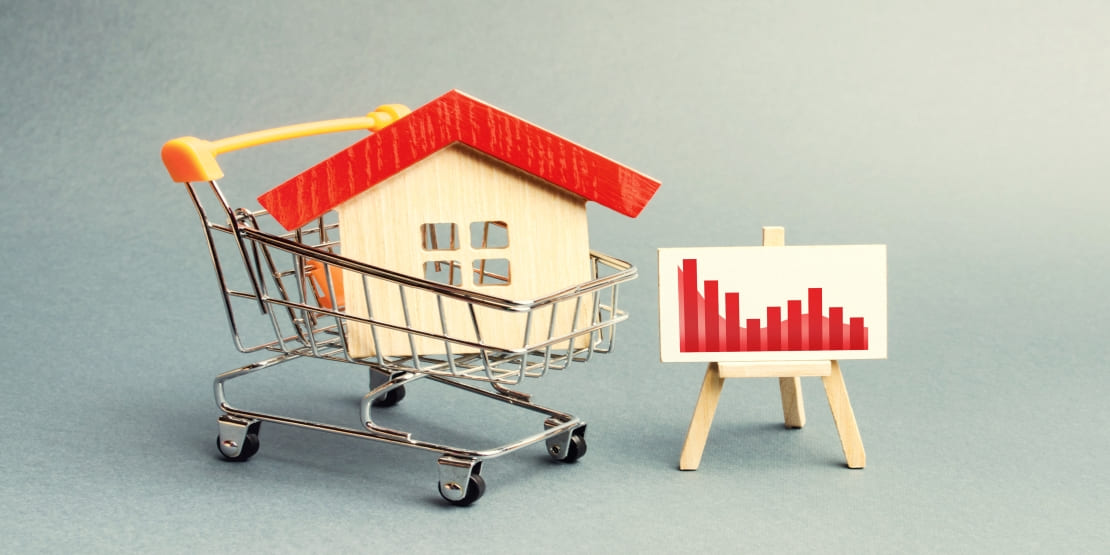
-
- Taking home on rent is flexible at times when you want to relieve the burden of property tax, EMI, and several other expenses that comes along when buying a home
- Houses for rent in Canada, come with less or no responsibility. You can enjoy living in a luxurious apartment with just a quarter of your income. If you own the same house, you must manage your expenses to pay the EMI which is somewhere a bigger amount than the rent.
- Renting comes with a choice; you can shift anywhere anytime. The properties near feasible amenities like schools or workplaces generally fall under a high budget. Still, you can afford to live near them at affordable rent which also saves you from long commutes.
It is difficult to choose between mortgage vs rent. Only thorough research can lead you towards the worth of its conclusion. So, let’s also understand the downside to rent a home in Canada.
Cons of Renting
When renting a home, you should carefully go through its merits and demerits before taking a final decision. Not only feasibility is a parameter that allows you to rent a home. You must also look after your present and future perspectives when deciding on whether to rent a home or not.
Zero Return via Property Value
If you rent a home, then do not expect any return on the house because the actual beneficiary is the landlord of the property who makes the money. You are basically paying the money and the house is also not yours.
Maintenance Issues
When you take any house on rent, you might face maintenance problems. You will be answerable to any maintenance questioned in the time you are renting the property.
Renewing Rental Agreement
Yes, the rental agreement is sometimes a headache as there is no assurance of its renewal. Also, if it is to be renewed under a standard time there you might experience unpredictable rent increment.
Restriction
Even if you pay for the property every month you can’t make any changes as per your requirement. Besides this, there are several restrictions that the property owner imposes on the tenants, like no allowance of pets, time restrictions, and so forth.
Special Considerations in Renting a Home
Renting a property in Canada is one’s convenience today, as property prices are increasing day by day. Therefore, before turning your income into rent there are some special considerations you must look after:
Know the Locality
Before hunting your rental property, always lookout for a locality that is close to your school, college, or workplace. By doing this you will save yourself from long commutes, traveling costs.
Apart from the location’s proximity, you must also watch over social infrastructures. So always keep in mind, a nearby market, banks, schools, and hospitals. Now, as you want to keep your family and belongings safe, make sure the society has a CCTV system, security guards to look after your home in your absence.
Check the House Properly
As you are looking for a rental property, make sure you check everything in and out thoroughly. It is important because you will be responsible for any loss of the amenity.
Also, keep an eye on everything be it
- Bathroom sink
- Electrical fixtures
- Switches and paint
- Taps and water flow
- Doors, locks, and windows
As it is really important to look after everything before you pay for it, so it could be repaired by the owner.
Check the Amenities
If you are about to move into a completely furnished flat, do check the appliances and furniture. Make sure there is no damage, and you get everything in working condition.
Take the Reading of the Meter
Do check the reading of the meter before you move into the rented apartment. Try noting the meter reading for cross-checking the accuracy of the electricity bills. Instead, you should ask the property owner about any dues on the electricity bill.
Consider the Overall Price
Rent isn’t the only price you have to pay every month when shifting to the rented apartment. You must arrange a security deposit, brokerage fee, and advance rent. So, consider the overall pricing to manage your budget.
Tax Benefits of Renting vs Buying
Tax is another parameter of rent vs buy calculator that clears your doubt on whether to rent or buy a house as per your financial situation. Let’s understand it better with the below-stated variances.
Tax Implications on Renting a House
If you are renting a house then there is no tax deduction also, you can save some money that is otherwise imposed as a state tax.
-
- Property Tax– If your rental agreement says that you pay property taxes as a proportion of your monthly accommodation rent. You could deduct that part of your rent in case you live in a state that allows practicing it.
- Casualty Losses – you can claim the property loss after you pay your home insurance. This way you will be allowed to cover the cost of any damage suffered by a federally declared casualty.
- Tax Credit for Renters– it is a case when you reside in a state that provides the tenant credit based on the proportion of the monthly rent that the property owner imposes on you to cover the property tax.
- Home Office– You are allowed to claim the home office tax deduction in case you are self-employed. You can also use a part of your rental home for your business. The proportion of the tax deduction depends on the size, your home office, and the sort of method you imply to figure out your expenses.
Tax Breaks and Benefits of Owning a Home
If you own a house, you will be able to claim any deductions or a significant tax break imposed on your home, that includes:
-
- Property Taxes– You can claim your property tax when you own a property. Tax reform limits the total deduction of the tax imposed on your property, state, and your local earning.
- Mortgage Interest– You can deduct your loan interest, as there is a limit on the complete amount of mortgage owed by the property owner.
- Home Improvements– The home improvement initiatives like kitchen plumbing work, painting walls, and mandatory repairs improve the look of your home and enhance its value in the market. Well, this expense will not be covered under any sort of tax deductions.
- Instead, such repairs and maintenance might decrease the profit that you could gain when you sell the property. In case you refinance your property or take any loan to complete the improvements, then the principal amount will be deductible.
- Income From Rent– if you own a property and you are renting out it, it will be count under a lucrative business, and it is important to account for this earning on your taxes. You are also allowed to claim the tax deduction of all your properties and loan interest, even if your insurance is spent on improvements.
- Capital Gains– in case you are selling your primary property, it is tax-free if you meet all government standards, such as:
- You must have lived in the property for at least 2 years to 5 years
- Report all the repair work of your property be it a new roof or the repaired carpet area
Include all these expenses as a cost of your property as it will help decrease your potential profit to keep you below the tax-free gain cap.
Conclusion
Renting and buying all depend on different market conditions based on an individual’s present and future perspective. There are certain parameters that one has to consider before deciding on whether to rent or buy a house. Thus, now that you’re more familiar with the financial implications of renting and buying property. Not just this but also the tax implication on both accordingly, it will be easy for you to take a decision on whether to buy or rent a property.
Frequently Asked Questions (FAQs)
In today’s time, buying home in Canada looks like a dream. But because the average cost of rent is constantly increasing in most cases, it is cheaper and easy to buy a house in Canada than to rent it for the long term.
The total cost of buying a house is higher than the total cost of renting. Yes, it is true even if the monthly EMI is similar or less than the monthly rent. There are some hidden expenses you don’t have to worry about if you rent a house such as property tax.
In most cases, renting is cheaper than buying a house as buying a house involves upfront costs. If you buy a house you have to pay the down payment, moving costs, renovations, closing costs, and home maintenance. So, just because you arrange a mortgage amount, doesn’t mean you can handle other expenses of a house.
Renting is better than owning a house as it helps you avoid major expenses like home insurance, down payment, and property tax. Also, you can shift anytime as you are not bound to it for a long period. Is it better to rent or buy house in Canada?
Is it more cost-effective to rent or buy a house?
Do you save more money renting or buying?
Why is renting better than owning?

